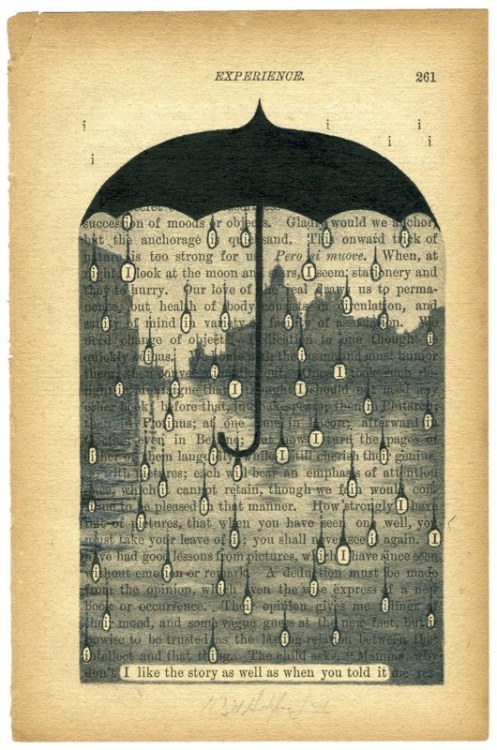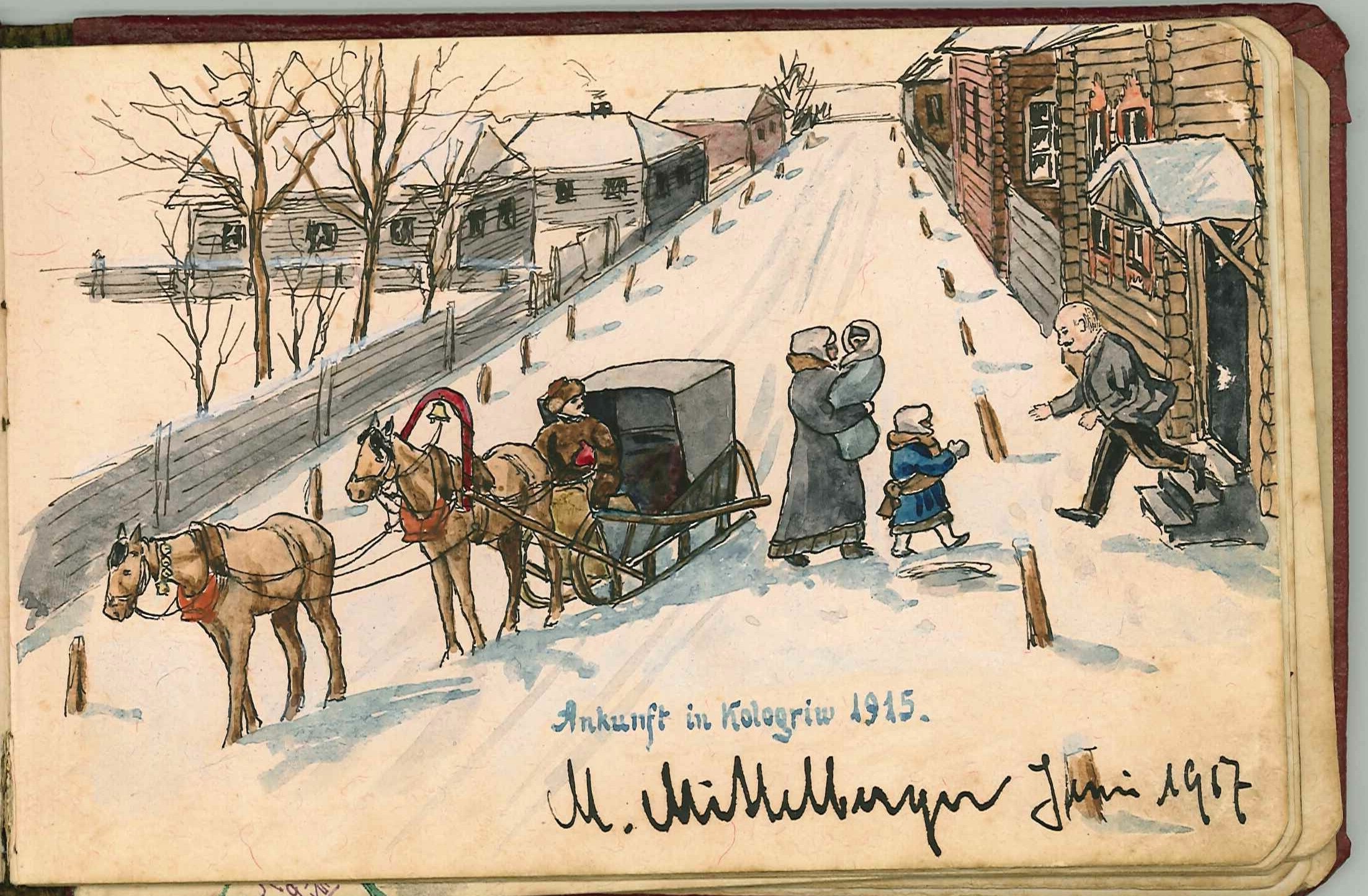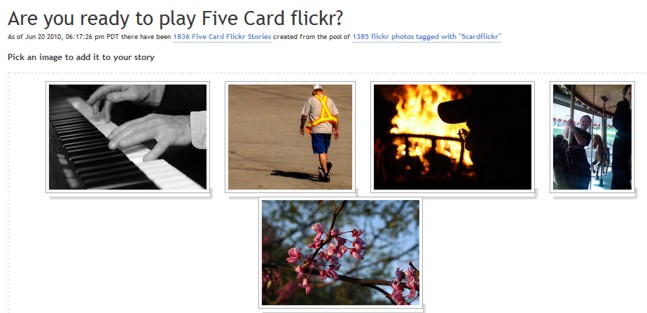[slideshare id=24118935&style=border: 1px solid #CCC; border-width: 1px 1px 0; margin-bottom: 5px;&sc=no]
(This has been reposted from Melbourne High School Library blog)
The Melbourne High School student literary publication, Laureate, has been revived after a ten year hiatus. English teacher, Sam Bryant, has been instrumental in this revival. Melbourne High School celebrates worthy events in style, and thanks to Sam and his colleagues, the Laureate Launch was a successful event which included assistant principal, Dr Janet Prideaux, staff, students, parents and the guest speaker, Judith Rodriguez, renowned Australian poet, author and educator. Since the publication comprised of student writing from 2012, we were pleased to welcome back past students to receive their congratulations and a copy of Laureate.
Here is Sam Bryant’s speech delivered on the day (26 June 2013):
Special guest Judith Rodriguez, parents, students and staff,
It gives me great pleasure to welcome you here to this special occasion, the launch of the 2012 Laureate. On behalf of the Melbourne High English Department, I thank you for coming to celebrate the creative writing of MHS students.
Although this is the fourth edition of Laureate, it is now ten years since it was last published. Early last year it was decided that the magazine would be revived as it was recognised that once again there needed to be a student literary publication at Melbourne High School. The students of Melbourne High School have a long and rich tradition of creative writing, and it is fitting that their work will once again be published and shared with the wider school community.
The English Department extends its congratulations to the students who have been selected to appear in this year’s edition of Laureate. This is your publication. Nevertheless, many thanks should also go to the teachers of the English Department for their tireless work in nurturing the students in their creative endeavours, providing them with advice and feedback, and also for proofreading the work submitted for this publication.
It is envisaged that Laureate will now become an annual publication and that it will further the already thriving culture of creative writing at Melbourne High School. Hopefully, a gathering such as this is will become an anticipated event on the school calendar, and one that continues to celebrate and promote the literary talents of Melbourne High School students.
It now gives me immense pleasure to introduce to you our special guest speaker, Judith Rodriguez.
Judith Rodriguez was born in Perth, but lived in Brisbane from the age four until she was twenty-four. Her years at Brisbane Girls’ Grammar School and the University of Queensland are among her fondest memories.
She has published thirteen volumes of poetry.
Judith’s first poetry collection was published in 1962 as part of Four Poets, the others being fellow Brisbane poets David Malouf, Rodney Hall and Don Maynard. In 1974 she began making woodcuts and linocuts for book decorations; these appear in several of her poetry collections, and have been exhibited. In 1978 she was awarded the inaugural South Australian Government Prize for Literature in for the collection, Water Life. Mudcrab at Gambaro’s received both the Sydney PEN Golden Jubilee Award for Poetry and the Artlook/Shell Literary Award in 1981. From 1979 to 1982, she was poetry editor for the literary journal Meanjin, and from 1988 to 1997 she was a poetry editor with the publisher Penguin Australia.
In 1994 she was awarded the Fellowship of Australian Writers C.J. Brennan Prize for Poetry.
Judith collaborated with Australian composer Moya Henderson on the opera Lindy, about Lindy Chamberlain, which premiered in 2003 at the Sydney Opera House, and with Robyn Archer on the play Poor Johanna, produced in Adelaide in 1994. Her long ballad, The Hanging of Minnie Thwaites, with an historical account of the life that led Thwaites, aged 26, to the gallows, was published only last year and along with many of her other works can be viewed on the table over there, and I encourage you to have a look at them after the presentations.
Yet it is significant that Judith has not only shared her passion for poetry and creative writing through her own works. She has also devoted her life to the teaching of creative writing. She taught English at La Trobe University from 1969 until 1985. In 1986 she was writer-in-residence at Rollins College, Florida, an experience commemorated in her ninth collection Floridian Poems (1986). In 1989 she took up a lectureship in writing at Victoria College, which in 1993 became part of Deakin University, where she continued to teach until 2003. Judith has taught literature and writing in universities on four continents and continues to teach at the Council of Adult Education in Melbourne. She is a life member of Writers Victoria, a member of the Australian Society of Authors Council, has chaired the Melbourne Shakespeare Society and continues to work for PEN International.
In 1994 Judith was made a Member of the Order of Australia, for services to Literature.





 from my
from my

 Photo courtesy of
Photo courtesy of 



